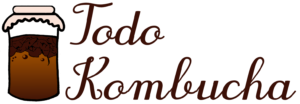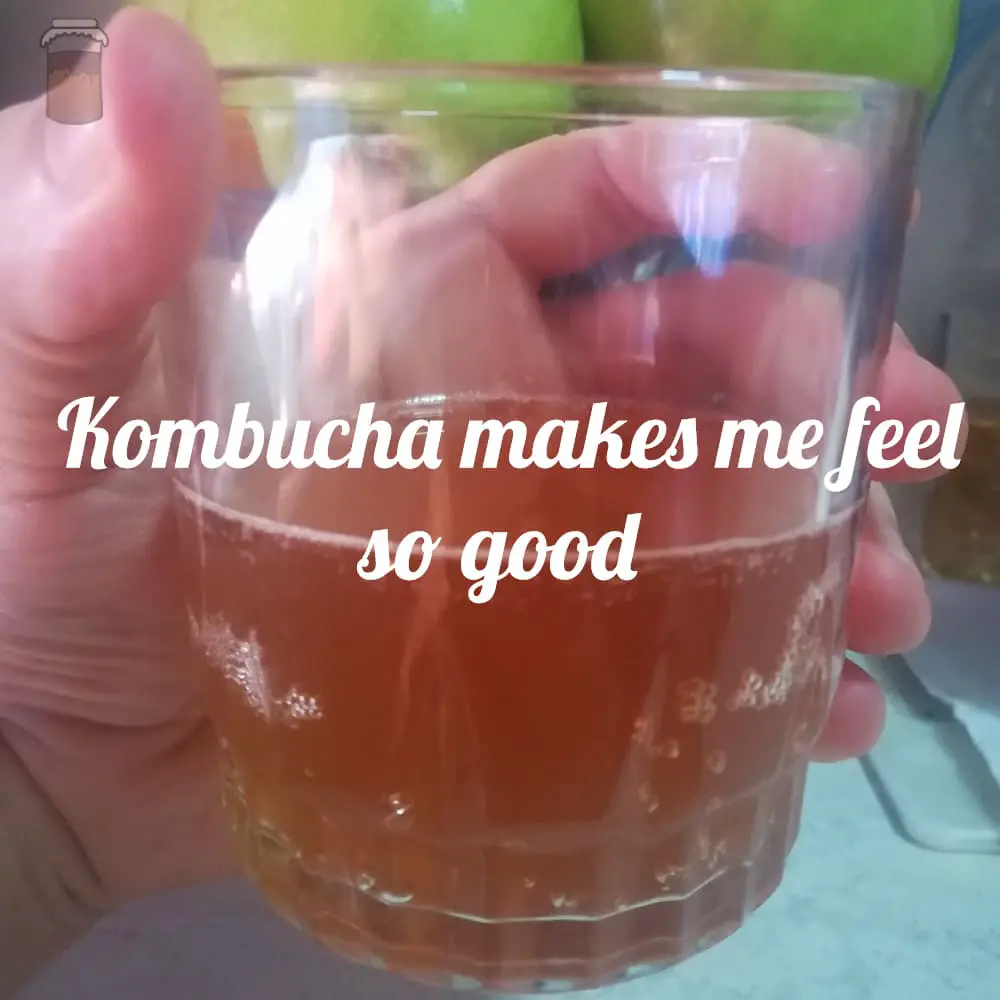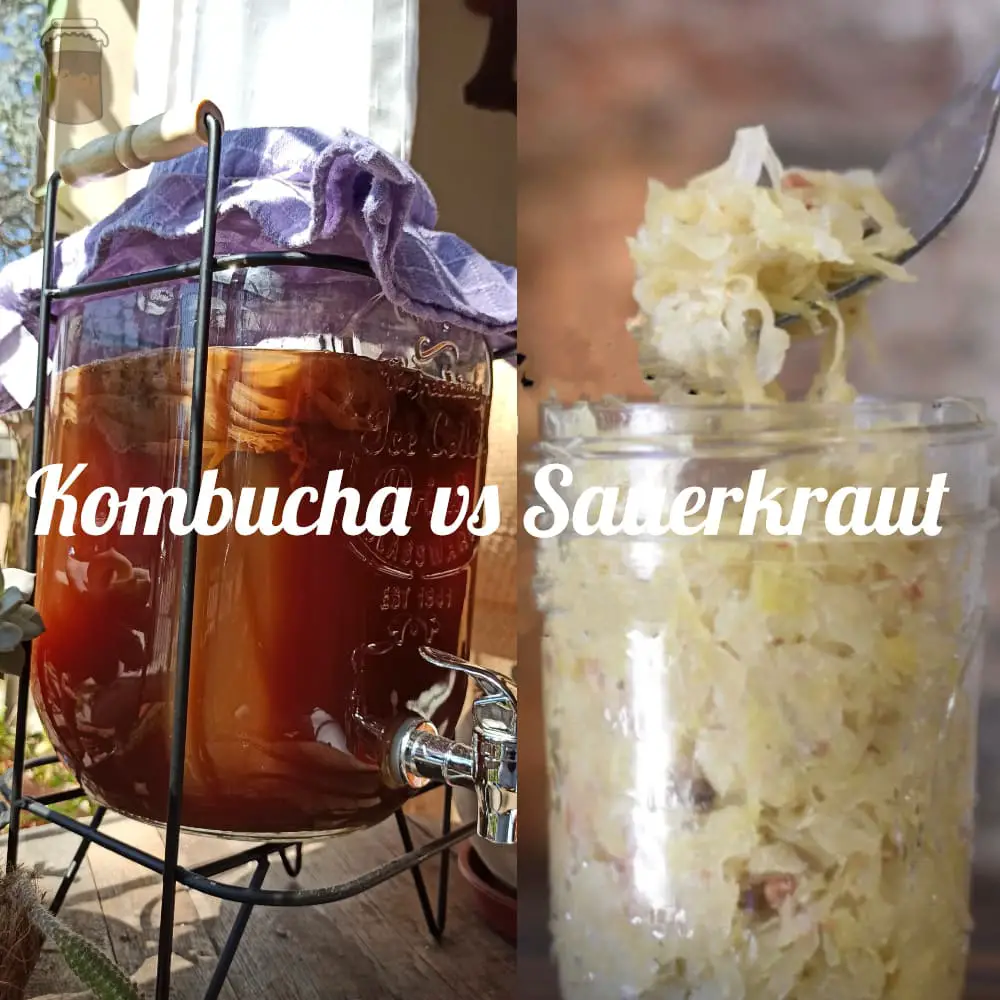
As kombucha is a different drink than most of you know, mainly because of the content of probiotics and organic acids, you may have crossed your mind the question, When is the best time to drink kombucha?
You should take kombucha whenever you want since there is no restriction except in the amount you will ingest. However, there are certain instances where you can maximize benefits based on specific goals, such as losing weight or improving digestion.
It is important to remember how much kombucha you are allowed to drink, as there can be negative consequences if they are not considered. For this reason, we have a post dedicated to kombucha doses that you can access by clicking on the link.
Contents
Best moments to drink kombucha
As we mentioned, there is no specific moment that you say, «If I do not take kombucha now, I will not be able to drink,» since this drink can be drunk anytime you like.
Now, we also told you that there are certain instances where you can achieve better effects in the body after drinking kombucha, and that is why we made the following selection:
- In the morning: Taking kombucha on an empty stomach is highly recommended, as it helps balance gut bacteria to aid digestion during the day.
- When eating: To aid in digestion, you can drink kombucha at lunch or dinner, as its organic acids will have a positive effect that will help your body process food better.
- After exercising: Kombucha contains electrolytes that play an important role in hydration, among other things.
- In the afternoon: The little alcohol and carbonation will help you feel a slight placebo relaxation effect.
With this in mind, we will explain each case’s reason in detail.
Kombucha in the morning
Drinking kombucha in the morning after fasting seeks to improve gut health, as the goal is to maximize the benefits probiotics have on the intestines.
This is because, in theory, many of the probiotics are sensitive to gastric acids and bile, so after fasting while you are sleeping, there is a smaller amount of these gastric juices, and probiotics can reach the intestines more quickly, not being so much in contact with these acids. [1]
It is advisable to consume kombucha after a glass of water in a dose that does not exceed 200 ml, although the optimal would be 120 ml. [2]
Remember that you can see the article about the recommended dose in the link in the introduction.
Under this premise, this approach is handy for those who want to improve intestinal health and those who are practicing intermittent fasting to lose weight since the caffeine content will give you energy. Find more information to see if kombucha is helpful for intermittent fasting here.
Kombucha, along with food
Many people do this naturally, and it is not surprising since kombucha tastes good and is a perfect substitute for sugary drinks when they eat.
But the idea of kombucha, along with food, goes far beyond this taste, is that the acids in kombucha can play an essential role in digestion, as they will help you digest and absorb nutrients more efficiently.
Moreover, they will help you satisfy hunger more quickly, making it a perfect approach for those who want to lose weight.
According to studies in rats, acetic acid can help suppress the accumulation of body fat. [3]
Therefore, we see how taking kombucha along with meals is a measure that can generate significant changes when it comes to losing weight.
Kombucha after training
Caffeine plays an important role when choosing to take kombucha after training, as it will give us a mood boost when we may feel more fatigued, but we will also have the benefits of electrolytes.
Electrolytes are minerals that in blood or fluids have an ionic charge, which is very important in the communication and activation between our cells. Although, being honest, the electrolytes contained in kombucha are derived from tea, so they are not in a large quantity.
It is important to mention that kombucha has moisturizing properties, which is why it is suggested as a food containing valuable cosmetic product ingredients. This comes in handy when we have sweated from the intensity of our training. [4]
Kombucha in the afternoon
From the outset, it is essential to note that this is in the afternoon, before or at the same time as dinner, but not after, as we will see later.
Drinking kombucha in the afternoon is based on two crucial premises.
The first is that after having been in a period where no food has been ingested, there will be an effect similar to fasting, but to a lesser extent, because the amount of gastric juices have not decreased, but if the probiotics of kombucha will be less time in contact with them since they will not be processing with other foods.
The second, and more important for this period, is because properties have been found in rats that suggest a substantial potential of kombucha in anti-stress activity. [5]
That is, after working under stressful conditions, kombucha would have the potential to relieve this feeling of stress that we have in the body.
In addition, this is enhanced by the placebo of drinking alcohol since many people consume some alcohol when they get home from work because they feel that this relaxes them. Although in kombucha, the alcohol content is low, as we have discussed in the article about alcohol content in kombucha, it may still have some effects.
You may wonder, «So if it has anti-stress properties, can I drink kombucha at work?» It is a good question, so click the link to find the dedicated article.
Worst Time to Drink Kombucha
This is the dark side of the force because although we are kombucha lovers on our site, we have to tell you that there is a negative side to the time of drinking it.
Kombucha is not recommended to drink at night, at least not when you plan to sleep soon.
And the reason for this is due to caffeine. Although kombucha has a tiny percentage of caffeine, it can be enough to generate a sleep disorder for those people who are very sensitive to it.
In addition, it is suggested that caffeine is also responsible for sleep quality. If you still manage to sleep after consuming it, you will have problems reaching that deep sleep.
A study on caffeine found that after consuming it 6 hours before bedtime, there was a reduction in total sleep by 1 hour, and it is estimated that this effect could be more significant in older adults. [6]
With this, we do not want you to panic; it is only a recommendation for those people more sensitive to caffeine since kombucha almost does not have it.
In context, in a cup of kombucha, there are about 9mg of caffeine; in a cup of coffee, we have about 85mg of caffeine, which is an important difference in the caffeine content of both liquids.
I hope these recommendations can help you decide what is your best time to drink kombucha. In the meantime, we invite you to continue seeing the different properties that our beloved kombucha has.
References
[1] https://www.researchgate.net/publication/7197822_Probiotics
[2] https://www.cabdirect.org/cabdirect/abstract/20173069155
[3] https://pubmed.ncbi.nlm.nih.gov/19661687/
[4] https://www.nature.com/articles/s41598-021-98191-6






